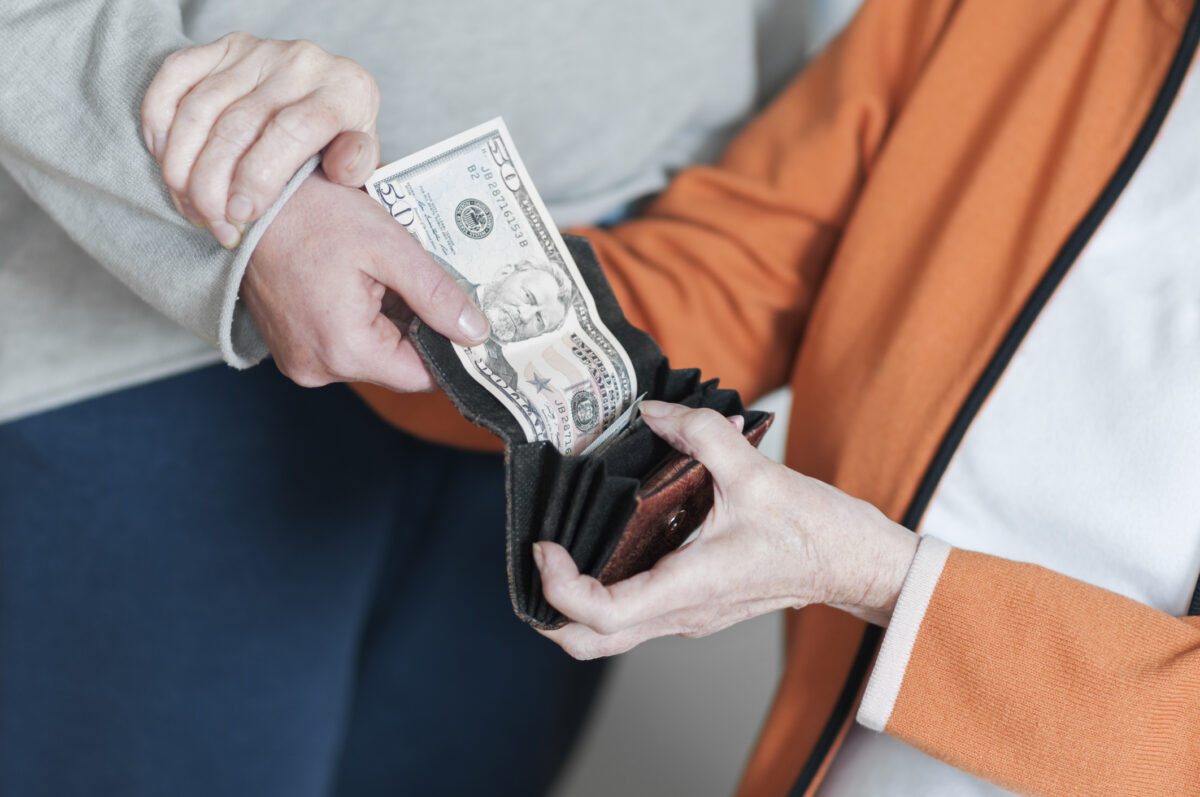STOP SENIOR SCAMS: How to prevent elder financial abuse
Source: AARP
Each year, older adults lose $28.3 billion to financial abuse and scams, AARP reports. Financial abuse is the illegal or improper use of an older adult’s money, property or assets.
Strangers may try to steal money through scams. But financial abuse often comes from someone the person knows. Family members, especially adult children, are often the culprits. Even worse, these crimes are often not reported.
In most cases, you can prevent financial abuse. Take these steps to help protect yourself or a vulnerable loved one from losing money.
Choose someone you trust as your financial power of attorney.
This person, called an “agent,” can make financial decisions for you if you are unable.
Customizing the role to meet your needs is recommended. You may want to select an agent to handle all financial matters. Or you may choose to have the agent only file taxes or manage property. Contact a lawyer to help you draft a financial power of attorney that meets your specific needs. PCA provides free legal services to older Philadelphians. For information: 215-765-9040 | www.pcaCares.org/legal-services
Appoint a trusted contact for accounts and investments.
A trusted contact is a person you allow your bank to reach out to about any suspicious activity on your account. The bank can disclose some account information to your trusted contact. But he or she cannot make transactions.
Another option is to give someone you trust view-only access to your account, if you feel this would be helpful to you. View-only users can only monitor your transactions. They cannot conduct business or access funds. View-only access is a safer option than creating a joint bank account. A joint account allows all account holders to make withdrawals. Your money becomes theirs upon your death without any action required. Contact your bank to add a trusted contact or view-only user to your account.
Consider services that monitor your bank accounts, investments and credit cards.
Technology can detect suspicious financial activity. This includes missing deposits, unusual withdrawals or sudden changes in spending patterns. Apps and online services can notify you and a trusted advocate when they detect a problem.
Credit monitoring services provide frontline protection to detect scams, fraud and identity theft. They can also offer support to help recover lost money.
Banks and credit cards may also offer fraud detection services. One example is an email alert when someone makes a charge or withdrawal above a set amount.
Stay in touch with loved ones.
As we get older, we often lose close connections. This occurs through retirement, moving, death and other life changes. Social isolation is a big risk factor for elder financial abuse, says the National Center on Elder Abuse.
Maintain close contact with family members. If you can’t visit regularly, then call, email or text. Older people can avoid loneliness by getting involved with others. They can join a faith community, volunteer, or take part in social groups. Senior community centers are perfect for making new friends and staying social. PCA funds 28 senior centers and satellite meal locations throughout Philadelphia. For information: 215-765-9040 | www.pcaCares.org/senior-centers
Get to know your loved one’s caregivers.
Watch out for people who try to cut you off from family and friends. Be careful if someone pushes you on money choices or asks for a lot of cash. This is suspicious behavior, even from someone you know.
If you need in-home help for a loved one, think about using a bonded agency. They screen their staff and take action if theft occurs.
If you are concerned about your loved one, observe the caregiver’s behavior. Notice if your loved one is clean, fed and given medications.
If you or someone you know suspects any form of elder abuse, including financial, report it. Call the PCA Helpline, 24/7, at 215-765-9040.




